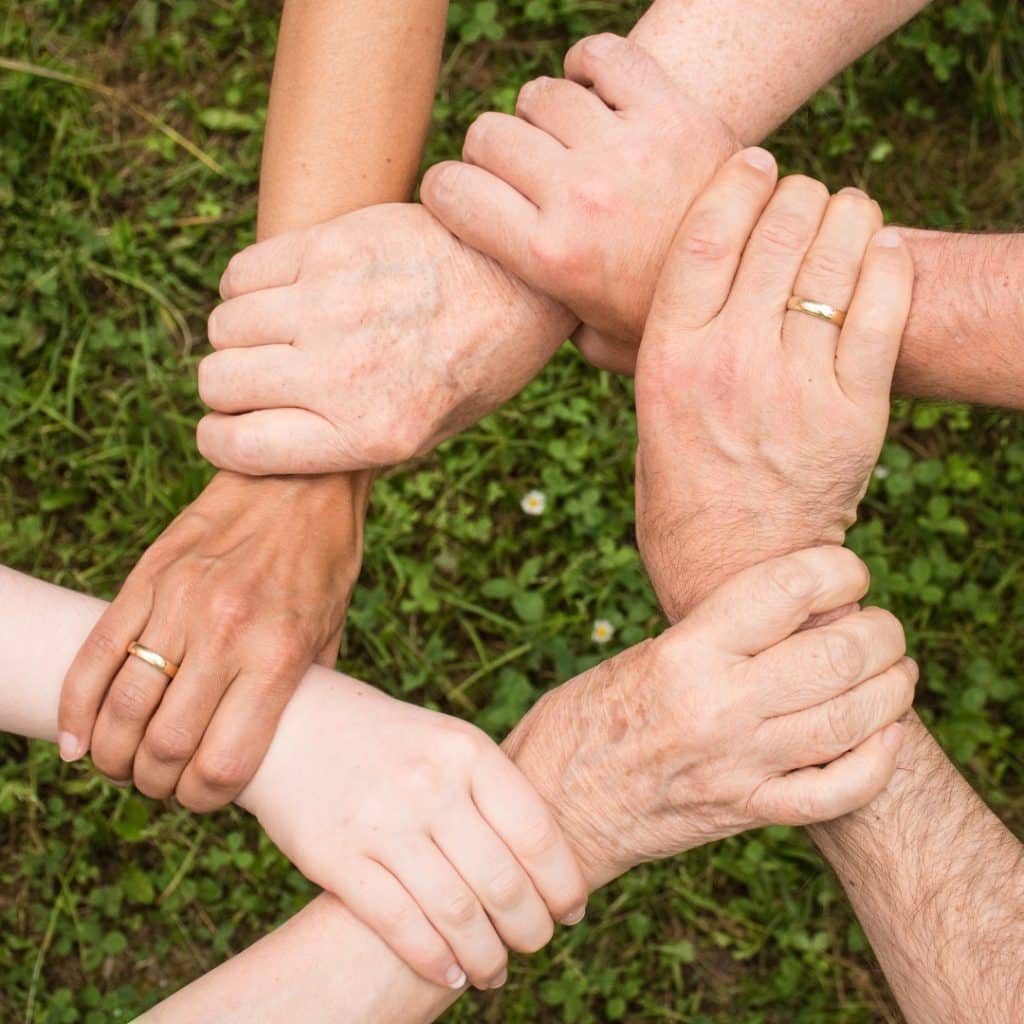Introduction
Have you ever felt like your life was more difficult because of a disability or chronic illness? Maybe you’ve been treated unfairly in the workplace or had difficulty accessing services, education, or other opportunities.
If so, then you may have experienced ableism. Ableism is a form of discrimination that can take many forms and affect individuals with disabilities and chronic illnesses in both subtle and overt ways. In this blog post, we’ll explore what ableism is, how it affects those with chronic illnesses, and provide some tips for dealing with it.
What Is Ableism
We’ve all heard of racism, sexism, and other forms of discrimination. But have you ever heard of ableism? Ableism is defined as discrimination against people with disabilities or chronic illnesses based on the assumption that they are less capable than those without disabilities or chronic illnesses.
It often manifests in language – such as using offensive words like “retarded” or “crippled” – and the perception that those with disabilities should be pitied rather than accepted and respected as equals.
This discrimination can manifest itself in many different ways, from subtle microaggressions like assuming someone isn’t capable of certain tasks because they have a disability, to outright exclusion from activities and opportunities such as denying someone access to services or resources due to their disability.
For example, a person might be denied access to medical care due to their disability status; a student may not be given the same educational opportunities as their peers; a job applicant might be turned down for an interview because of their illness; or someone may experience negative comments about their physical appearance.
All of these examples contribute to ableism in our society. The term “ableist” is often used to describe people who exhibit these kinds of discriminatory behavior towards disabled individuals.

How Does It Affect People With Chronic Illness
The effects of ableism can be especially difficult for those living with chronic illnesses like fibromyalgia, lupus, multiple sclerosis, etc., who must deal not only with the physical symptoms but also the stigma associated with their condition.
In addition to facing assumptions about their capabilities based on their illness or disability, they may also have difficulty accessing services such as health care and education due to a lack of awareness or resources allocated specifically for people with disabilities or chronic illnesses.
Ableism can have both direct and indirect effects on people with chronic illnesses. On an individual level, ableism leads to feelings of isolation, rejection, shame, and devaluation. These feelings can be very damaging to your self-esteem and can lead to depression and anxiety.
On a larger scale, systematic ableism contributes to the marginalization of disabled individuals by denying them equal opportunities in employment, education, healthcare services, and other aspects of life.

6 Tips To Deal With Ableism
1) Educate Yourself: The first step in dealing with any form of discrimination is understanding what it is and how it affects those around us. Taking the time to educate yourself on issues surrounding ableism helps you recognize when it is happening so that you can take steps to address it in yourself and others around you.
2) Speak Up: If someone says something offensive towards you or another person living with a disability or chronic illness speak up! Letting people know that their words are hurtful and not acceptable helps create awareness about how damaging stereotypes can be for those affected by them.
3) Seek Support: When dealing with discrimination it is important to remember that you are not alone! Reach out for support from friends or family members who understand what you are going through or join an online community where people share similar experiences as yours.
4) Take Care Of Yourself: As hard as it may be at times don’t forget the importance of self-care! Take time for yourself whenever possible; whether that means taking a hot bath once a week or going for a walk outside—whatever makes you feel good do more of that.
5) Reach out to organizations like Disability Rights International (DRI) that are dedicated to advocating for disabled people’s rights worldwide and fighting against discriminatory practices such as ableism.
6) Finally, remember that everyone has something unique to offer; don’t let anyone tell you otherwise! We all have strengths and weaknesses – celebrating our differences rather than ignoring them helps create a more inclusive world for all of us.
Conclusion
Though it’s not always easy, the best way to deal with ableism is to educate yourself and others about the reality of living with a chronic illness. You can start by learning more about ableism and how it affects people with chronic illnesses.
Once you have a better understanding of the issue, you can begin working on ways to challenge ableist attitudes and ideas. With education and awareness, we can all work together to break down the barriers created by ableism.
I hope this blog post was able to provide some insights into ableism and how it affects people with chronic illnesses. If you found yourself struggling with any of the concepts or needing more personalized support, check out my programs.
If this resonates with you, apply for a complementary Autoimmune Breakthrough Session with me to see if we’re a good fit to work together. After this session, you’ll come away with valuable tips for managing your chronic illness so you can start feeling better today!
My hope is that by providing this info and offering my support, you can feel empowered to take charge of your health & well-being despite living in a society that doesn’t always make it easy for people with chronic illnesses. Thanks for reading!
***Disclaimer: This post is for informational purposes only and should not be construed as medical advice***


